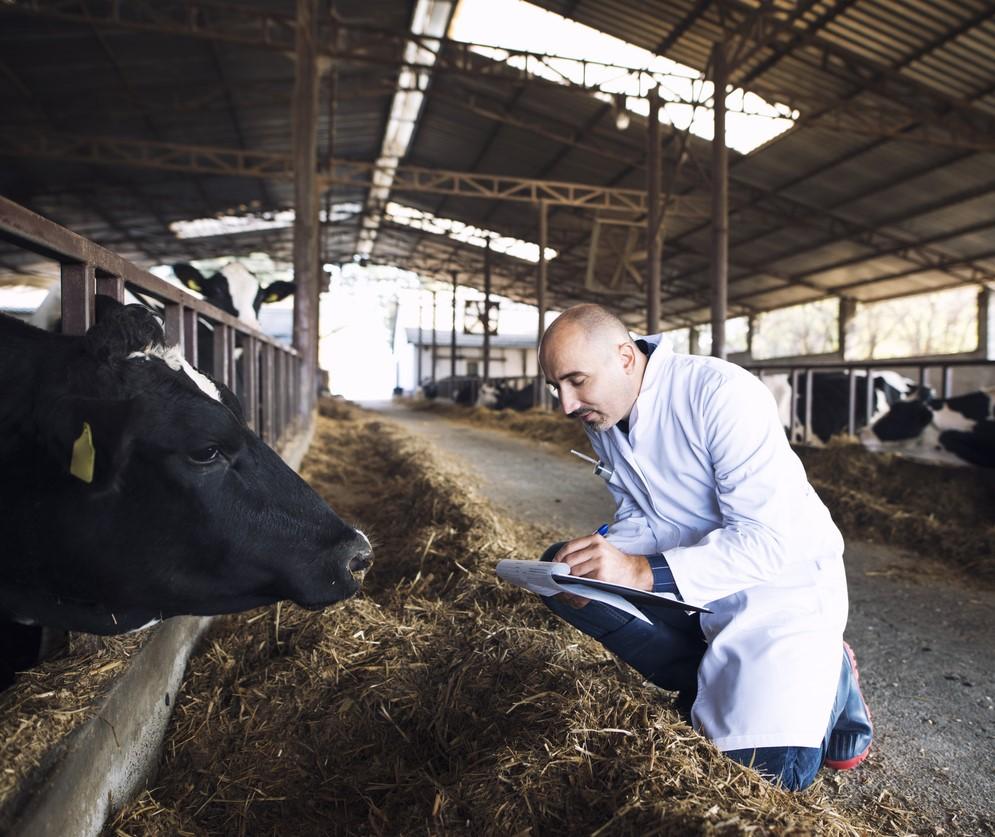The heads of the World Health Organization (WHO), the World Organization for Animal Health (OIE), and the United Nations (UN) Food and Agriculture Organization (FAO) today announced the creation of a new group to advocate for urgent global action on antimicrobial resistance (AMR).
The One Health Global Leaders Group, which includes heads of state and government ministers along with leaders from the private sector and civil society, will provide political leadership for global, regional, and nation efforts to address drug resistance and its impacts on humans, animal, and the environment.
"We cannot protect and promote human health without paying attention to the health of animals and the health of our environment," WHO Director-General Tedros Ghebreyesus, PhD, said at a press briefing. "That's nowhere more true than in the case of antimicrobial resistance, one of the greatest health threats of our time."
Addressing political commitment, engagement
The creation of the group fulfills a request by the UN secretary-general, in the wake of the UN high-level meeting on AMR in 2016, to create a leadership group and governance structure to guide and support global and national efforts to address overuse of antibiotics and the rising threat of drug-resistant infections, which cause an estimated 700,000 deaths a year.
In a 2019 report, the Interagency Coordination Group (IACG) on Antimicrobial Resistance also recommended the creation of such an entity, arguing that while the impact of drug resistance on human and animal health had received considerable attention, there was still inadequate political commitment and stakeholder engagement at global and national levels.
While the Tripartite organizations (WHO, FAO, and OIE) have been leading international efforts to address AMR since the UN high-level meeting, the IACG said the groups are "seriously under-resourced," and that a new entity was needed.
"Stronger leadership, coordination, and accountability are needed at all levels to address these challenges," the IACG wrote.
Tedros said the group will bring together key stakeholders in agriculture, health, development, and food production to maintain urgency, public support, political momentum, and visibility for AMR. It will also highlight and advocate for best practices on antibiotic use across all sectors.
The One Health concept views the health of humans, animals, and the environment as intrinsically linked. Experts believe strategies to combat AMR must address how antibiotics are used in human and veterinary medicine and in agriculture.
Action needed in all sectors
The leadership group is co-chaired by Bangladesh Prime Minister Sheikh Hasina Wazed and Barbados Prime Minister Mia Mottley. Mottley said increasing drug resistance could mean a return to unsafe childbirth, more illness and death from surgical infections, the re-emergence of infectious diseases, threats to food safety, and economic losses.
"All countries will be affected by this," she said. "Addressing it requires the acceptance that this must be an intersectoral issue that needs action across all sectors, since it has resulted from activities within both human and animal health, as well as in plant production."
Mottley also noted that raising public awareness about AMR will require stakeholders to speak to people through multiple forms of media, and not just from a scientific or government policy perspective.
"It is the awareness among our populations that will place pressure on the systems to ensure that sufficient funds are invested in this area of research so as to ensure that we really do not reverse a century of medical progress," she said.
Monique Eloit, DVM, director-general of the OIE, said the leadership group will accelerate and bolster the AMR efforts pursued by the Tripartite organizations over the past few years.
"Together, we will reconnect all the dots, ensuring humans, animals, plants, and the environment are kept healthy and safe from AMR," Eloit said.
Other members of the group include Wellcome Trust Director Sir Jeremy Farrar, MD, PhD, Merck & Co. Chairman and CEO Kenneth Frazier, JD, Swedish Minister of Health and Social Affairs Lena Hallengren, and J. Scott Weese, DVM, of the University of Guelph.
See also:
Nov 20 WHO news release
























